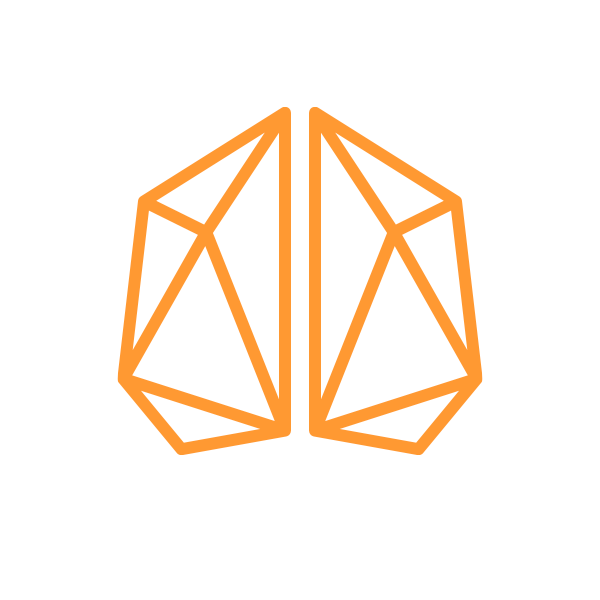
I have always been drawn to math and science in school, even earning my degree in electrical engineering. (I was one of just a handful of women in my class.) Early in my career, I landed a job as a research and development assistant at MIND Research Institute, where my responsibilities included beta testing computer-based math games with students.
I wasn't really into video games as a child, but after observing students playing the games in school labs, I began to understand what makes them compelling for kids. I saw how motivated these students were to get the right answer, even though they were not earning tokens, trophies or points with each problem solved. They simply got to see this adorable little penguin named JiJi go across the screen to the sound of a single, upbeat "ding!" Driven by intrinsic motivation, students were engaged and actively participating in their own learning.
As students solved the math problems through game-play, they began to develop deeper understanding of the math concepts taught by their teachers. Their faces lit up, and yeses echoed around the room. They were progressing through the software and through their math curriculum.
And I thought to myself: "This is it. The future of math education."
For the past two years, I've had a hand in creating games that today reach hundreds of thousands of students, helping them learn math in a fun and engaging way. I get to see students playing with puzzles that I designed, and I get to experience first-hand the impact of these games on student learning.
The joy of building an educational game and then watching others play and learn from it is really unlike anything else. The desire to share that excitement with others is part of why I volunteered to lead our first-ever "game-a-thon," a national competition that invites teams of students from kindergarten through 12th grade to design, build and share their own math games.
As the school year wraps up across the country, students may be happily putting away their textbooks, but math itself isn't going to rest this summer. We'll be seeing math in the Fibonacci spirals of blooming sunflowers and sinusoidal function of gently rotating Ferris wheels at the state fair. Math is everywhere.
So following that theme, "Math is Everywhere," we're asking students to team up and create a game -- a board game, computer app, card game, outdoor game or any other kind of game -- that features creative solutions to math problems.
Already, student teams have started submitting videos of creative math games ahead of the July 6 deadline. Watching them explain their games, I'm impressed that in addition to demonstrating conceptual understanding and mastery, they also are transferring their mathematical knowledge to new and potentially more complex situations around them. That's real learning. And the ability to be creative, collaborative and apply knowledge to novel situations are key skills employers are looking for in the next generation of technology talent, according to last month's #TechTalent Tweet chat hosted by Cisco.
While it's too early to tell what our Game-A-Thon Hall of Fame will look like come August, or whether low-tech board games will prove more popular than high-tech apps, it seems obvious that everyone participating is honing some real-world workforce skills. And that's a definite win for our future.
To enter the K-12 Game-a-thon, or view the video submissions and vote on your favorite, visit www.mindresearch.net/mathfair/gameathon.
Cisco cash grants supported the conversion of math instructional software to an online format, extending MIND Research Institute's reach from 55,000 elementary students to 630,000. Language-independent animations help all students develop critical thinking, reasoning, and mathematical abilities. For more information, visit: http://csr.cisco.com/casestudy/mind-research-institute
Delicia Woon was an Educational Game Designer at MIND Research Institute, where she helps create ST Math® games used by more than 630,000 students in 35 states. She earned her bachelor’s and master’s degrees in electrical engineering from the University of Kentucky.
This article was originally published on Huff Post ImpactX.

Delicia was an educational content designer at MIND Research Institute. As a true believer of game-based learning, she and her team started the K-12 Game-a-thon initiative, which challenges students to design and build their own math games.
Comment